Bolivian President Luis Arce was expelled from the ruling party Wednesday amid a power struggle with former leader Evo Morales, who was named the sole candidate for the party's primary elections later this year.
The MAS party said that Arce had "expelled himself" by failing to show up at a party congress taking place this week to organise a primary election in December to designate its presidential candidate.
Morales, who is the head of the party, last month announced he would seek election again in 2025, deepening a rift with his former ally and protegé Arce.
Bolivia's first Indigenous president, Morales was extremely popular until he tried to bypass the constitution and seek a fourth term in office in 2019.
He won that vote but was forced to resign amid deadly protests, and left the country. He returned after his ally Arce won the presidency in October 2020.
Since then a power struggle has grown between the two men, and Morales has increasingly criticised the government and accused it of corruption, tolerating drug trafficking, and sidelining him politically.
Aside from Arce, 28 MAS party members loyal to the president were also expelled by the party.
MAS also modified its statutes so that only those who have been members for at least 10 years can run for president -- a condition which excludes Arce.
The party's decisions will have to be ratified by electoral authorities. Election laws require all parties to hold a primary election, even if there is only one candidate.
Arce said in the run-up to the congress that he would not attend due to what he called the lack of representation of social organizations.
Arce has not said whether he plans to run for president in the next election.
Arce's Justice Minister Ivan Lima has said Bolivia's Constitutional Court must decide whether Morales is legally allowed to run again for what would be a fourth term, interrupted by Arce's five years in office.
The constitution allows two consecutive terms, however Morales managed to run for a third term in 2014 after the top court ruled his first term did not count, as a new constitution had come into effect during that time.
A referendum to seek yet another term in office was denied in 2017, however the top court argued this was a violation of Morales's human rights, opening the way to his last contentious bid.
– AFP
















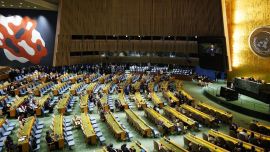
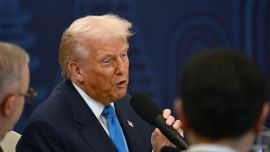



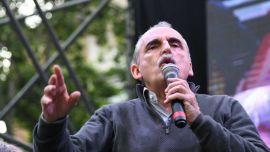
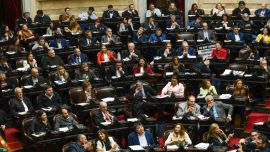

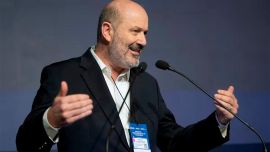
Comments